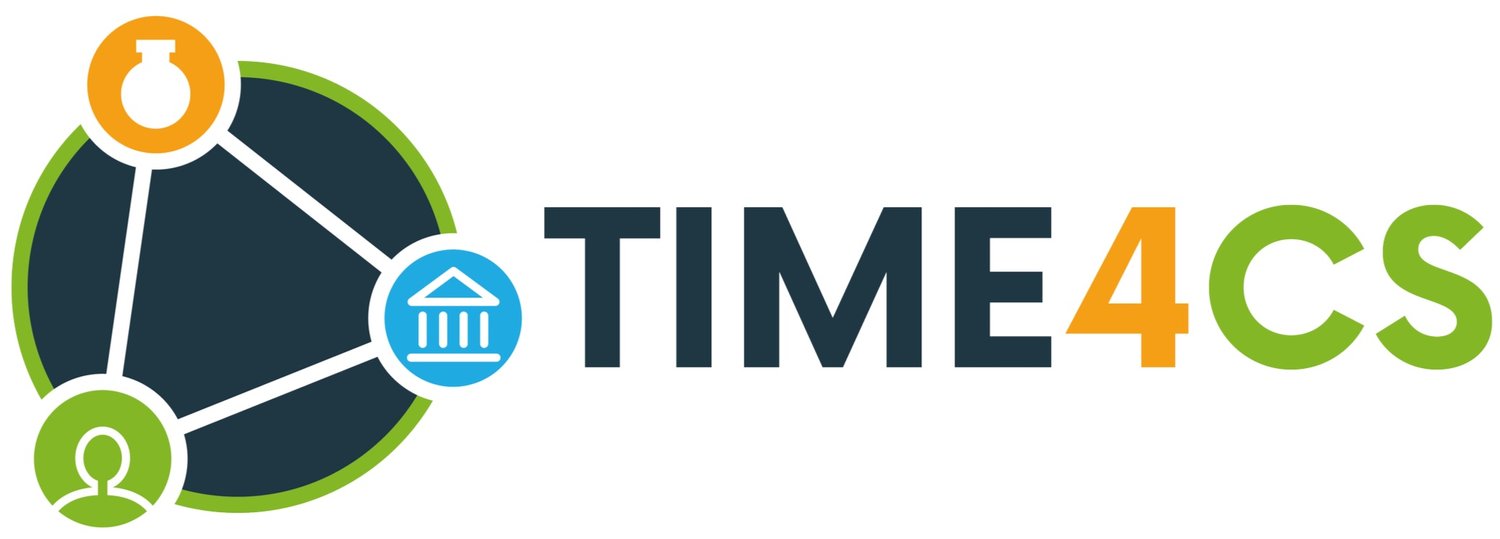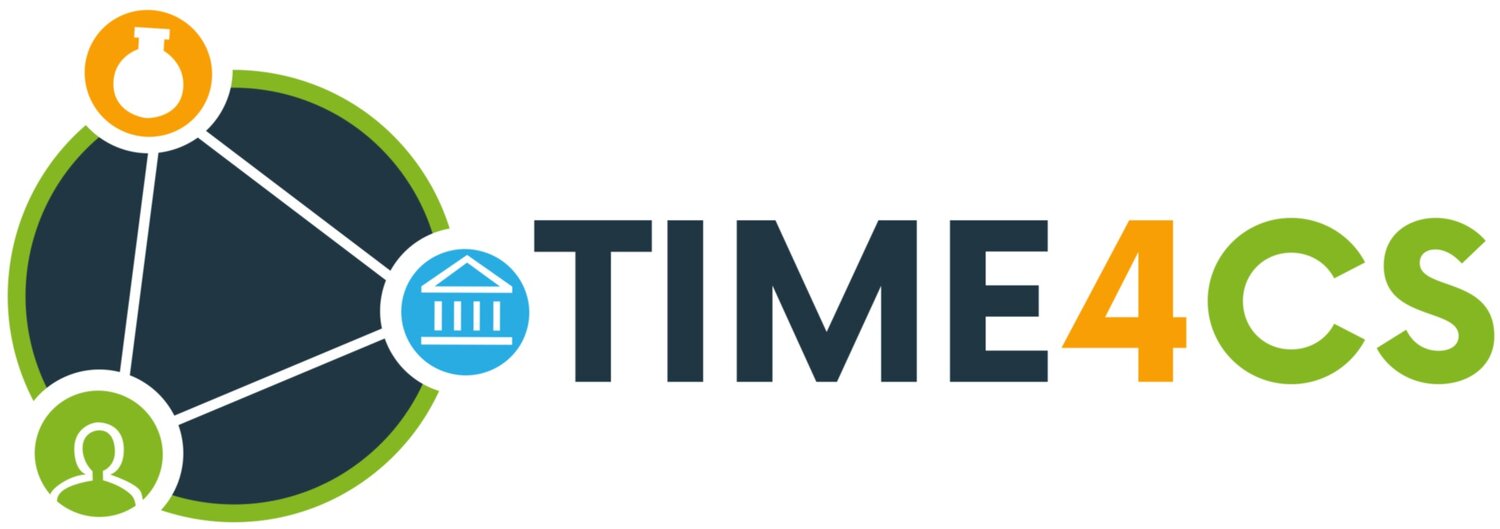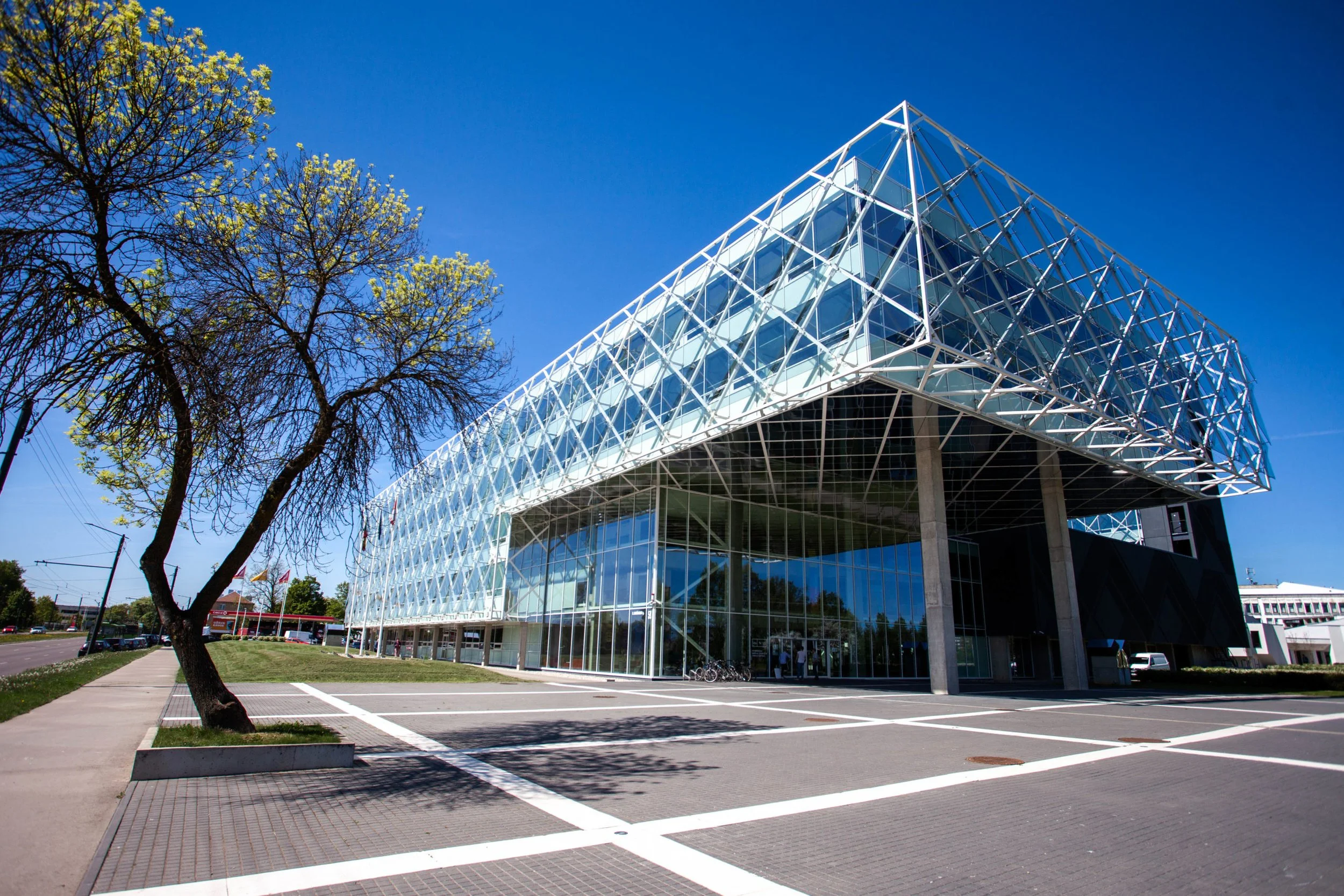Sustainable institutional change in action: an Implementer’s perspective – Kaunas University of Technology
Kaunas University of Technology (KTU) is one of the largest technical universities in the Baltic States. It has 9 faculties, and 9 research institutes, offering Bachelor, Master and Doctoral Degree programmes. The University seeks to become a strong science and innovation university, where studies are based on study and scientific research symbiosis. Kaunas University of Technology aims to provide research-based studies, to create and to transfer knowledge and innovative technologies for sustainable development and innovative growth of the country, and to provide an open creative environment that inspires leaders and talented individuals.
KTU is a member of a number of international associations such as European Consortium of Innovative Universities (ECIU). Recently, inspired by the TIME4CS project activities, KTU joined European Citizen Science Association (ECSA) and became a member of a national Citizen Science (CS) association. Thus, the University gets more and more embedding into Citizen Science related networks.
The University and its scholars are very active in European and in international scientific cooperations. There is a wide spectrum of research teams, mostly working in interdisciplinary academic areas, including active participation in the EU Framework, COST or national programmes. Currently researchers are implementing several H2020 projects related to Citizen Science and Open Science. KTU has started to be involved in research on citizen science since 2016 when the representatives of Lithuania (KTU) joined the Management Committee in COST Action CA15212 “Citizen Science to promote creativity, scientific literacy, and innovation throughout Europe”. Since then, interest in this topic has greatly increased. Researchers are gradually getting involved in design and implementation of Citizen Science projects. On the other hand, Citizen Science is still in its first steps of development in Lithuania. Awareness of Citizen Science among academic community is raising but is still very limited. Thus, the opportunities to learn from the international experience is of a great value.
The current educational practices include science communication topics into BA and MA level courses. With a start of the H2020 project TIME4CS, Citizen Science as a topic was introduced also for PhD students as a horizontal competence. Currently, KTU develops trainings on Citizen Science for academic and non-academic audience in Lithuania.
KTU has an established practice and needed infrastructures to foster Open Science as the university is a member of the European Open Science network “OpenAIRE” that builds open science policies for EU, provides training and contributes to developing Open Science services and infrastructures. KTU also hosts the LiDA archive that is responsible for acquisition and dissemination of national and international data sets, data access to international data archives, national and international data analysis training, which opens a good opportunity to collect and store Citizen Science data as well. One of the recent goals, that is reflected in institutional roadmap developed under TIME4CS project, is to establish infrastructure and organizational arrangements that enable and facilitate the development of Citizen Science.
Currently, the University makes steps in establishing a virtual hub for the Citizen Science projects. The main functions of the hub would include building citizens’ and researchers’ communities and promoting the CS methodologies and projects in Lithuania.
Everyone who is interested in introducing Citizen Science into your own organisations, but don’t know how to start, can contact the Time4CS team at time4cs@crowdhelix.com or time4cs@apre.it. KTU researchers would also be happy to share their experience. Please connect to egle.butkeviciene@ktu.lt . It’s TIME4 Citizen Science! Let’s make this change together!
Author: Eglė Butkevičienė (KTU)


